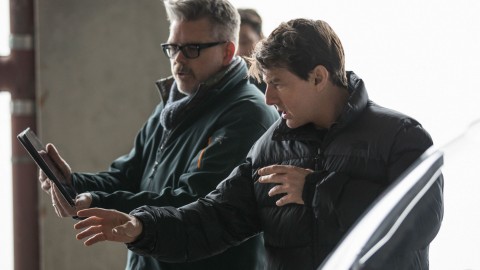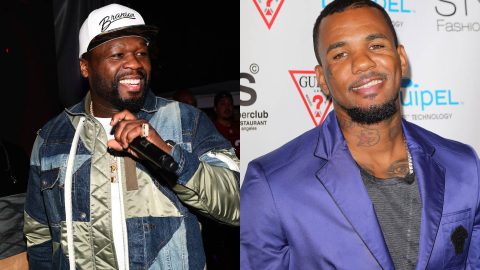
Spin-offs can be dangerous, but spin-offs that aren’t really spin-offs can be even more so. Not only do they live in the shadow of their older, more established sibling for most of their existence, but the association and impossibly high levels of expectation could potentially doom the upstart before the pilot has even aired. Of course, we’re talking about Joey (Friends), but also Disenchantment (The Simpsons) and (shudder) That ’80s Show…
And so to Solar Opposites, which centres around a family of refugee aliens who have crash-landed in middle America. They live openly – some more begrudgingly than others – in the community, causing catastrophe and chaos as they try to repair their ship, while attempting to come to terms with existing among the human race. Think Roger from American Dad, but more embittered, sweary and sociopathic – and with a big chunk of “sci-fi stuff” (a running joke in the series) thrown into the mix. It comes from the same team as Ricky and Morty – and there are similarities with that smash animation too.
It’s from the mind of Rick and Morty co-creator Justin Roiland; it features Roiland as the lead voice (he also voices Rick); it’s meta as hell; and the animation style is the same, right down to the Phillips screw head-shaped eye pupils. As with Rick and Morty, each episode starts with a small idea that spins out into death and destruction – with very few consequences for the protagonists, apart from the fact that they remain blighted and largely discontented.

But Rick and Morty is special – it hit at a particular moment, making it very much a product of our time – a superbly funny mix of misanthropy, existentialism, and nihilism told through the medium of what is often quite disgusting and fantastical sci-fi. The show also reflects the extremes and desperation of our times, providing, most importantly, a channel through which millennials and Gen Zers alike can laugh at their pain. On the flip side, however, there are very few other shows out there which have such a toxic fandom. As co-creator Dan Harmon, who also came up with the brilliant Community, told Entertainment Weekly in 2017: “[They want] to protect the content they think they own – and somehow combine that with their need to be proud of something they have, which is often only their race or gender… I’ve made no bones about the fact that I loathe these people. It fucking sucks.”
But unfortunately this is also how you know a show (especially one with sci-fi DNA) has become a hit. It’s when fans log onto dingy forums in their thousands to aggressively argue over minuscule details like whether a character has the correct trousers on in a particular episode’s pre-title sequence. Or worse, troll anyone who disagrees with them.

It’s hard to see Solar Opposites having the same impact. The show lacks the sense of existential dread and themes of broken family which mark out its older sibling. Somehow, through all of Rick and Morty’s relentless pessimism, there is a sense of pathos and sentimentality mixed in, which makes you invested in the characters, and may well be what keeps a very loyal audience returning again and again. There is some attempt to address this human frailty in Solar Opposites, with the subplot following a society of humans shrunk by the replicant Yumyulack and imprisoned in a terrarium known as “The Wall”. This heavy-handed Orwellian social commentary, though successful and compelling to an extent (the revolution episode may well affect you), just doesn’t get under your skin in the same way.
You can’t bottle and then replicate lightning (well, maybe Rick could, with disastrous and disgusting consequences). There will only ever be one Rickiest Rick and one Mortiest Morty. What Solar Opposites should try to do is carve its own niche, not try to be Rick and Morty, and not expect to ape the level of success.
The post ‘Solar Opposites’ and the dangers of TV’s copycat syndrome appeared first on NME.







